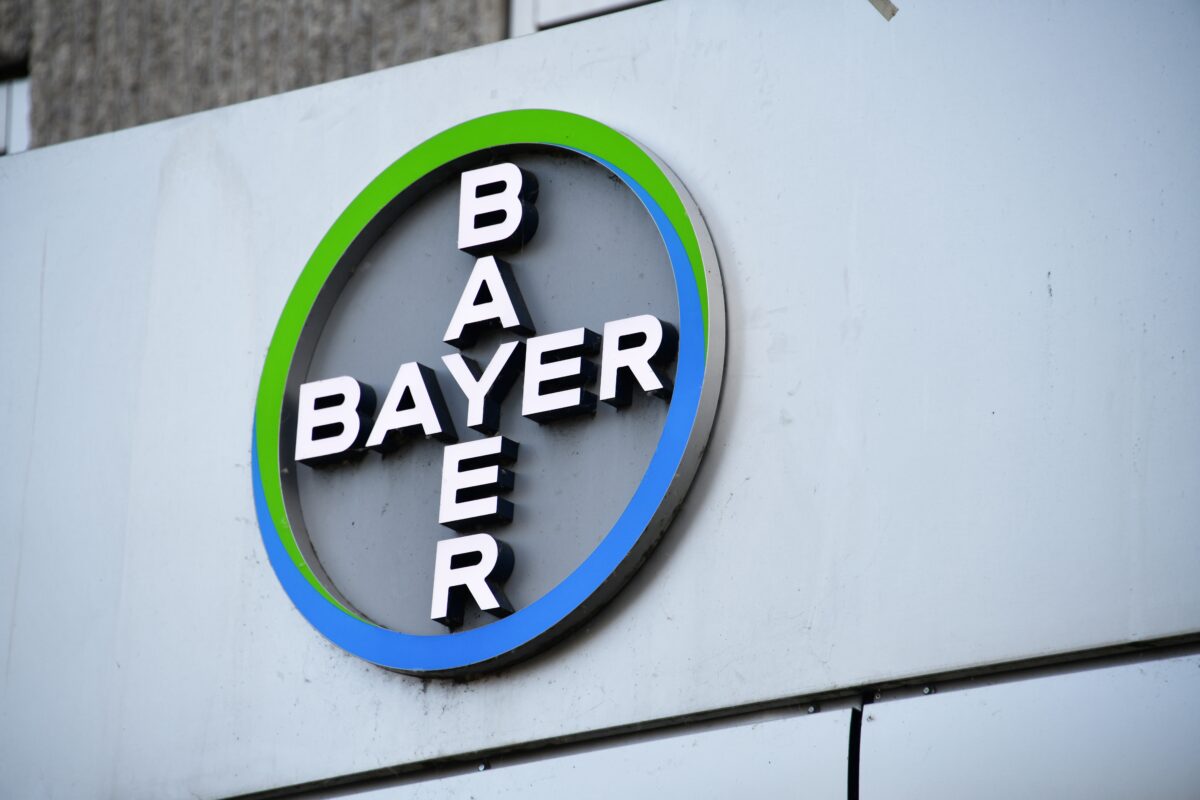Syros Pharmaceuticals announced that its cancer drug tamibarotene failed to meet its primary endpoint in the SELECT-MDS-1 Phase III trial.
The trial was evaluating the drug in combination with the chemotherapy azacitidine for the treatment of newly diagnosed patients with higher-risk myelodysplastic syndrome (HR-MDS) who harbor overexpression of the RARA (retinoic acid receptor alpha) gene.
In a statement, Syros said it will discontinue the study, review the full data set and evaluate next steps.
The placebo-controlled SELECT-MDS-1 trial involved 190 patients with complete response rate (CRR) being the study’s primary endpoint.
The CRR in both the treatment and placebo arms were similar at 23.8 percent and 18.8 percent, respectively, and hence not statistically significant. The company said the therapy was well tolerated.
After the announcement, Syros’ stock dropped by over 76 percent, tanking for the second time in three months.
Stocks dropped back in August after Syros announced its Phase II SELECT-AML-1 trial, evaluating the same combo in acute myeloid leukemia (AML), was unlikely to meet its primary endpoint. A futility analysis indicated a “low probability of success,” based on data from the first 40 patients enrolled in the trial.
XTALKS WEBINAR: How Oncology Biotechs Can Achieve Always Audit Ready Clinical Operations
Live and On-Demand: Tuesday, November 26, 2024, at 1pm EST (10am PST)
Register for this free webinar to understand how an audit-ready organization should function with valuable input on how audit processes can be streamlined and how continuous compliance with regulatory requirements can be ensured.
MDS are a group of blood disorders caused by abnormal development of blood cells in the bone marrow. These disorders result in a shortage of healthy blood cells, leading to symptoms such as fatigue, weakness, infections and easy bruising or bleeding. MDS primarily affects older adults, although it can occur at any age.
Among HR-MDS, it is estimated that 30 to 40 percent of patients can progress to AML. This progression occurs when the abnormal cells in the bone marrow increase uncontrollably, leading to the development of a more aggressive form of blood cancer.
“We are deeply disappointed by this outcome, particularly for the HR-MDS patients who are seeking a new treatment option for this challenging disease,” said Conley Chee, CEO of Syros, in the statement from the company.
“We want to express our sincere appreciation for the patients, caregivers and healthcare professionals who took part in the SELECT-MDS-1 trial and to all the employees of Syros for their exceptional work on the tamibarotene program.”
Syros stated that the failure of its SELECT-MDS-1 Phase III trial to achieve its goal triggered a default under its loan agreement with Oxford Finance. The company had obtained a $60 million secured loan from Oxford Finance in 2022.
Until March 1, 2023, Syros made monthly payments covering only the interest on the loan. After this date, it began repaying both the loan’s interest and principal. The loan is scheduled to be fully repaid by February 1, 2025.
RARA overexpression is present in approximately 30 percent of patients with HR-MDS and is associated with poor outcomes.
Tamibarotene is a selective agonist of retinoic acid receptor alpha/beta, with potential binding to retinoid X receptors (RXR). These RXR receptors play a key role in regulating transcription pathways involved in inflammation and immune responses, among other cancer hallmarks, to modulate the tumor microenvironment.
In June, Geron’s telomerase inhibitor Rytelo (imetelstat) won FDA approval for patients with low- to intermediate-risk MDS with transfusion-dependent anemia. This is significant as the therapy can reduce or eliminate the need for frequent blood transfusions.
If you want your company to be featured on Xtalks.com, please email [email protected].












Join or login to leave a comment
JOIN LOGIN